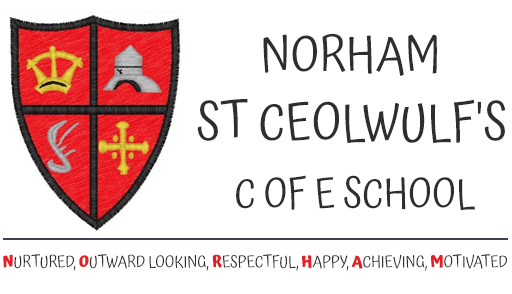The EYFS is a very important stage in a child’s life as it helps prepare for school ‘readiness’ as well as preparing them for their future learning and successes. Children’s early years experience should be happy, active, exciting, fun and secure; and support their development, care and learning needs. Every child deserves the best possible start in life and the support that enables them to fulfil their potential. Children develop quickly in the early years and a child’s experiences before the age of five will have a major impact on their future life chances.
The EYFS framework explains how and what children will be learning to support their healthy development and provide the foundation children need to make the most of their abilities and talents as they grow up. The EYFS specifies requirements for learning and development and for safeguarding children and promoting their welfare.
Children will learn skills, acquire new knowledge and demonstrate their understanding through 7 areas of learning and development.
Children should mostly develop the 3 prime areas first. These are:
- Communication and language;
- Physical development; and
- Personal, social and emotional development.
These prime areas are those most essential for a child’s healthy development and future learning.
As children grow, the prime areas will help them to develop skills in 4 specific areas. These are:
- Literacy;
- Mathematics;
- Understanding the world; and
- Expressive arts and design.
Children in the EYFS learn by playing and exploring, being active, and through creative and critical thinking which takes place both indoors and outside. It is very important that they develop social skills, such as turn-taking, sharing and independence, which help them greatly in the next stages of their learning. The guiding principles that shape our practice in the Early Years are that children are born ready, able and eager to learn. They actively reach out to interact with other people, and in the world around them. Development is not an automatic process, however. It depends on each unique child having opportunities to interact in positive relationships and enabling environments.
This does not mean that all your child’s learning is divided up into specific areas. One experience may provide a child with opportunities to develop a number of skills and concepts across several areas of learning. Our expectation is that your child’s records will be passed on from Nursery and/or Pre-school groups, enabling us to ensure continuity throughout the Early Years Foundation stage.
Phonics teaching and learning are a key part of the Foundation Stage and help to develop early reading and writing skills. The EYFS curriculum is delivered through cross-curricular topics, such as ‘What can I tell you about myself? , What happens in Autumn?, How can we help save Humpty Dumpty?, What can you see in the deep blue sea?’ If you visited Nursery or a Reception class, you would see a range of activities taking place such as role-play, practical games, painting, cutting and sticking and reading in the book corner. You would also see the outdoor classroom in operation, with equipment such as bikes, cars, sand and water.
Children work and play independently, with a strong emphasis on choice and being able to sustain concentration on projects, as well as joining a variety of nursery nurse and teacher-led activities. We encourage a partnership with parents so they are actively involved in their children’s learning.
Assessment at the end of Reception
Assessment plays an important part in helping parents, carers and practitioners to recognise children’s progress, understand their needs, and to plan activities and support. Ongoing assessment is an integral part of the learning and development process. It involves practitioners observing children to understand their level of achievement, interests and learning styles, and to then shape learning experiences for each child reflecting those observations. In their interactions with children, practitioners should respond to their own day-to-day observations about children’s progress, and observations that parents and carers share. To this end we make systematic observations and assessments of each child’s achievements, interests and learning styles. We then use these observations and assessments to identify learning priorities and plan relevant and motivating learning experiences for each child.
Each child’s level of development is assessed against the early learning goals (above). Practitioners will indicate whether children are meeting expected levels of development:
- Emerging, not yet reaching expected levels of development for age
- Expected
- Exceeding, , beyond expected levels of development for age.
Year 1 teachers will have access to the Profile report together with a short commentary on each child’s skills and abilities in relation to the three key characteristics of effective learning. These will inform transition meetings between Reception and Year 1 teachers about each child’s stage of development and learning needs and assist with the planning of activities at the start of Year 1.
